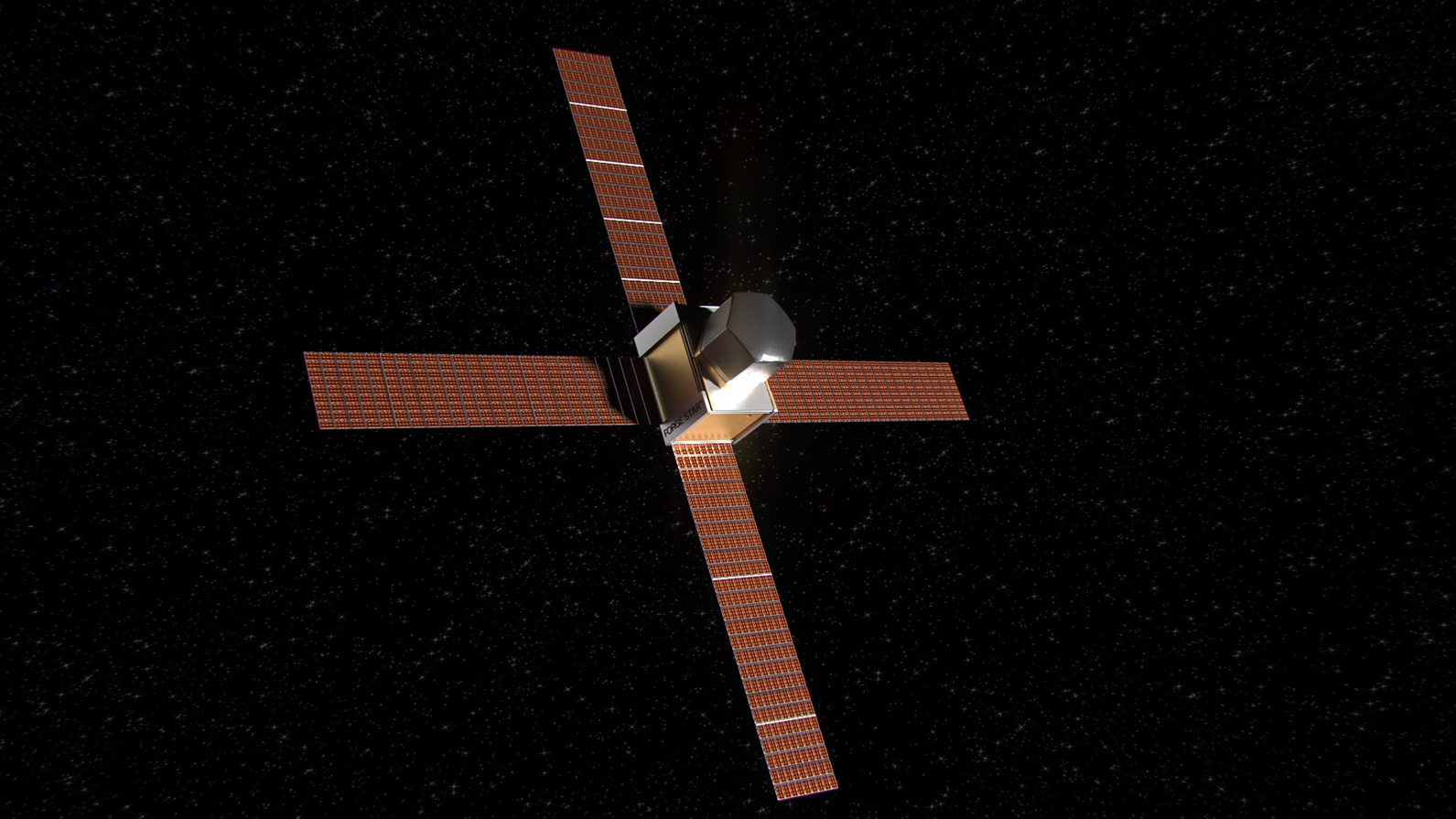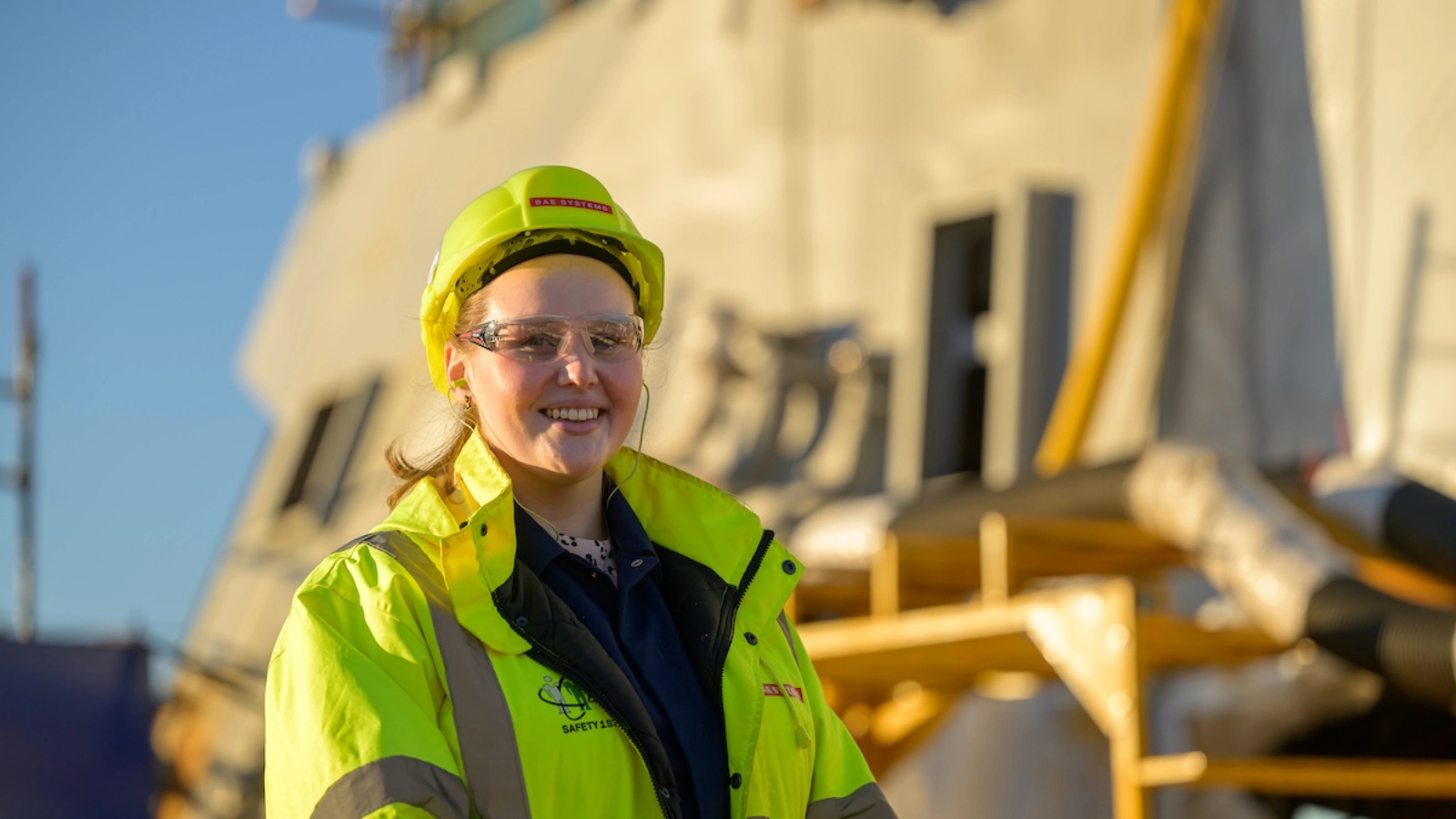Inmarsat's Fleet Xpress to facilitate Nekton subsea data streams

Above:
Data will be transmitted from the deepest parts of the High Seas in the Indian Ocean to the research vessel Pressure Drop, then relayed via Fleet Xpress to marine science projects focusing on sustainable oceans.
Images courtesy Nekton
The Nekton Institute is an independent, not-for-profit research institute working in collaboration with the University of Oxford. It aims to accelerate the scientific exploration and protection of the oceans.
The maritime high-speed broadband service provided connectivity to relay broadcast images from Nekton’s submersible off the Seychelles last year. Along with Associated Press, Sky News and Sonardyne, it won the 2019 IBC Innovation Award for Content Distribution and the 2020 Royal Television Society News Technology Award.
The 2020 mission entitled ‘First Descent – Midnight Zone’ will include a 35-day long voyage starting in mid-March exploring biodiversity around the Maldives, Seychelles and the High Seas. Video, audio and – for the first time – data will be transmitted from the deepest parts of the High Seas in the Indian Ocean to the research vessel Pressure Drop, then relayed via Fleet Xpress to marine science projects focusing on sustainable oceans.
“The ocean is a key part of each Maldivian,” said President Ibrahim Mohamed Solih of Maldives. “71% rely on the ocean for their primary source of income. We have committed to a five-year initiative to advance ocean protection and sustainably develop the blue economy. This expedition will help us establish the long-term sustainability of our economic growth, livelihoods and jobs through establishing marine protected areas to build ocean resilience”
Deep ocean locations are often also the farthest from shoreside support. For high-tech research vessels monitoring and managing subsea activities today, reliable connectivity is becoming an operational as well as a safety need.
“For all practical purposes, until now it has not been possible for research vessels in remote seas to transmit large quantities of data back to base in real time, let alone stream images suitable for high-definition TV broadcast,” said Peter Broadhurst, Senior Vice President, Inmarsat. “Nekton’s decision to work with Inmarsat has changed that.”
Pressure Drop’s video-streaming capability has already been proven through her role in the ‘Five Deeps Expedition’, supporting the world’s only manned submersible able to descend to full ocean depth (11,000m). For its new mission, data from submersibles will feed into the 2022 Indian Ocean Summit, where Seychelles and Maldivian governments and ‘First Descent’ partners seek to create a sustainable management plan for 2,000,000km2 of ocean.
Part of the Pressure Drop project also sees Inmarsat installing Fleet Data, the maritime industry’s first secure IoT platform, which extracts data from sensors and uploads it to a secure central cloud-based database for easy access with no additional airtime cost. Its use will enable the first-ever transmissions of water chemistry and geophysics datasets.
Fleet Data will also allow scientific research to be shared onto an open source platform, with processed datasets made available so that registered marine scientists around the world can participate in a virtual Hackathon to interrogate data and publish findings within two weeks. All datasets will be blockchain-coded to ensure security, transparency and decentralisation.

Oliver Steed (above), Chief Executive, Nekton, said: “One of the biggest issues is that it can take months or even years to publish data analysis, by which time data may have less relevance and application. By using Fleet Data we can publish data in an instant via an Inmarsat API: this is ground-breaking for marine science and could accelerate the analysis and publication of ocean data.”
Inmarsat’s yachting partner YachtProjects designed, installed and commissioned Pressure Drop’s management and communications systems, including ECDIS, CCTV and open port capability.
Nekton’s research, sampling and survey technologies fully integrate with shipboard systems, with the YachtProjects’ Seawall package controlling the shipboard network and shaping bandwidth and streaming, with the terminal hardware provided by Intellian Technologies.
The Mission
The deep-sea scientific mission to uncharted depths in the Maldives and Seychelles will gather valuable data to support the Commonwealth Blue Charter on ocean action and train local scientists.
The newest Commonwealth member country, Maldives, has joined Seychelles to launch a major joint scientific expedition to investigate unexplored depths of the Indian Ocean.
The ground-breaking multidisciplinary research mission, known as ‘First Descent: Midnight Zone’, was officially launched recently at the Commonwealth headquarters at Marlborough House.
It supports the Commonwealth Blue Charter - a shared commitment by member countries to protect the ocean from the effects of climate change, pollution and overfishing.
Minister for Fisheries, Marine Resources and Agriculture of the Maldives, Zaha Waheed, said: “It is vital to comprehensively understand what lies beneath our waters in order for us to be informed enough to take necessary actions towards a healthy and prosperous ocean.
“This mission will, for the first time, show a glimpse of what the deep sea features and the biodiversity it holds. It will also contribute to the wider goal of marine spatial planning and ocean governance.”
A 50-person crew will set sail on Monday 16th March in the world’s most advanced deep diving submersible, equipped with a suite of research tools including sensor and mapping technology. The data they collect will help countries define conservation and management priorities and map out marine protected areas. It will also help measure the impact of climate change and human activity in the area.
Commonwealth Secretary-General Patricia Scotland said: “We cannot protect what we don’t know and we cannot govern what we don’t understand. With 95% of the ocean still unexplored by humans, we are only just beginning to grasp its profound influence on life, including its effect on global climate and ecosystems.
“It is pleasing to see the commitments of our Commonwealth Blue Charter leading to such far-reaching and innovative science-backed ocean action in, with and for our member countries.”
The expedition will focus on undersea mountains or ‘seamounts’ in the Midnight Zone - depths from 1,000 to 4,000 metres, where biodiversity peaks. This zone holds critical indicators to measure the impact of the climate crisis, fisheries management, heat absorption, acidification, ocean carbon cycle, and plastic, agricultural and industrial pollution.
The damage or overexploitation of seamounts can have widespread consequences on ocean health, food security and affect other benefits the ocean provides for humans, such as potential new medicines.
Principal Secretary at the Ministry of Environment, Energy and Climate Change of Seychelles, Alain Decormamond said: "Seamounts form some of the most fascinating and richest locations in our waters and beyond in the wider Indian Ocean. We are therefore looking forward to exploring even deeper depths of our ocean to have a better understanding of natural characteristics and richness of these locations.”
The mission’s principal scientist Lucy Woodall from the University of Oxford added: “We find the greatest biomass in the upper few hundred metres of the ocean, but the peak of biodiversity is in the greater depths, in the Midnight Zone, from 1,000 to 4,000 metres. That said, less than 300 of 170,000 known major seamounts found in this zone have been researched to date, and they remain one of the least researched parts of the ocean.”
Nekton is also working with Commonwealth countries to develop the tools, skills, knowledge and networks to sustainably manage the ocean. Seychellois and Maldivian scientists will join the expedition to conduct pioneering research into their national waters. This is supported by training programmes, research grants and fellowships with the University of Oxford.
Seychelles champions the Blue Charter action group on marine protected areas. To date, 13 countries have stepped forward to lead on 10 topics they identified as priorities.
Oliver Steed said: “The Indian Ocean is the least explored and least protected ocean. It is already home to nearly 2.7 billion people and by 2050 it will be home to half of the world’s population. How the Indian Ocean changes, will profoundly affect the lives and livelihoods of billions of people.”
First Descent – Midnight Zone is supported by Nekton’s unique alliance of business, governments, academia and civil society uniting behind a common purpose to explore and conserve the ocean.














